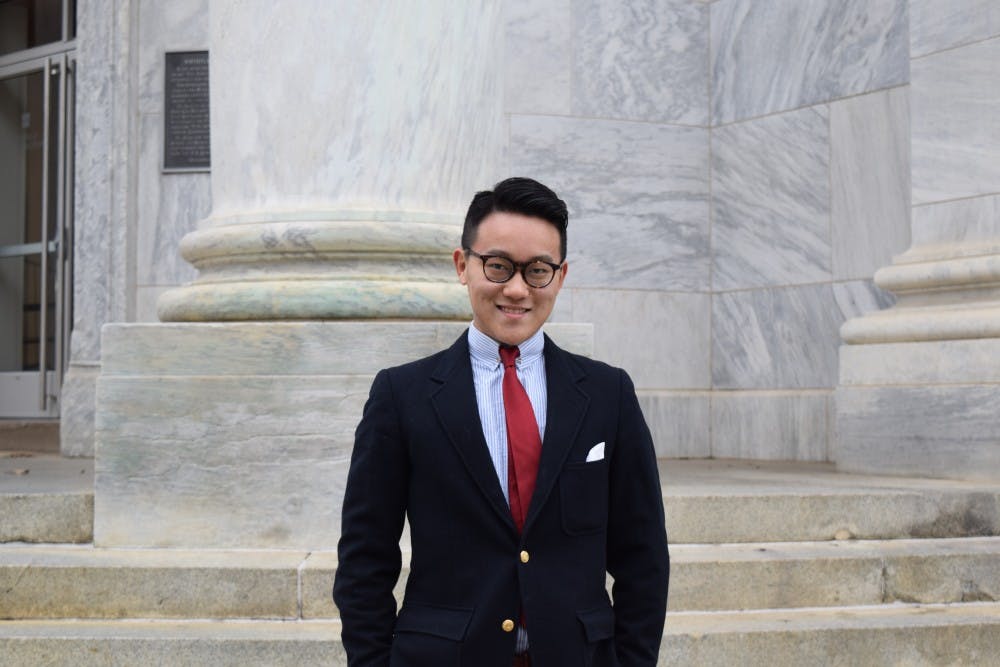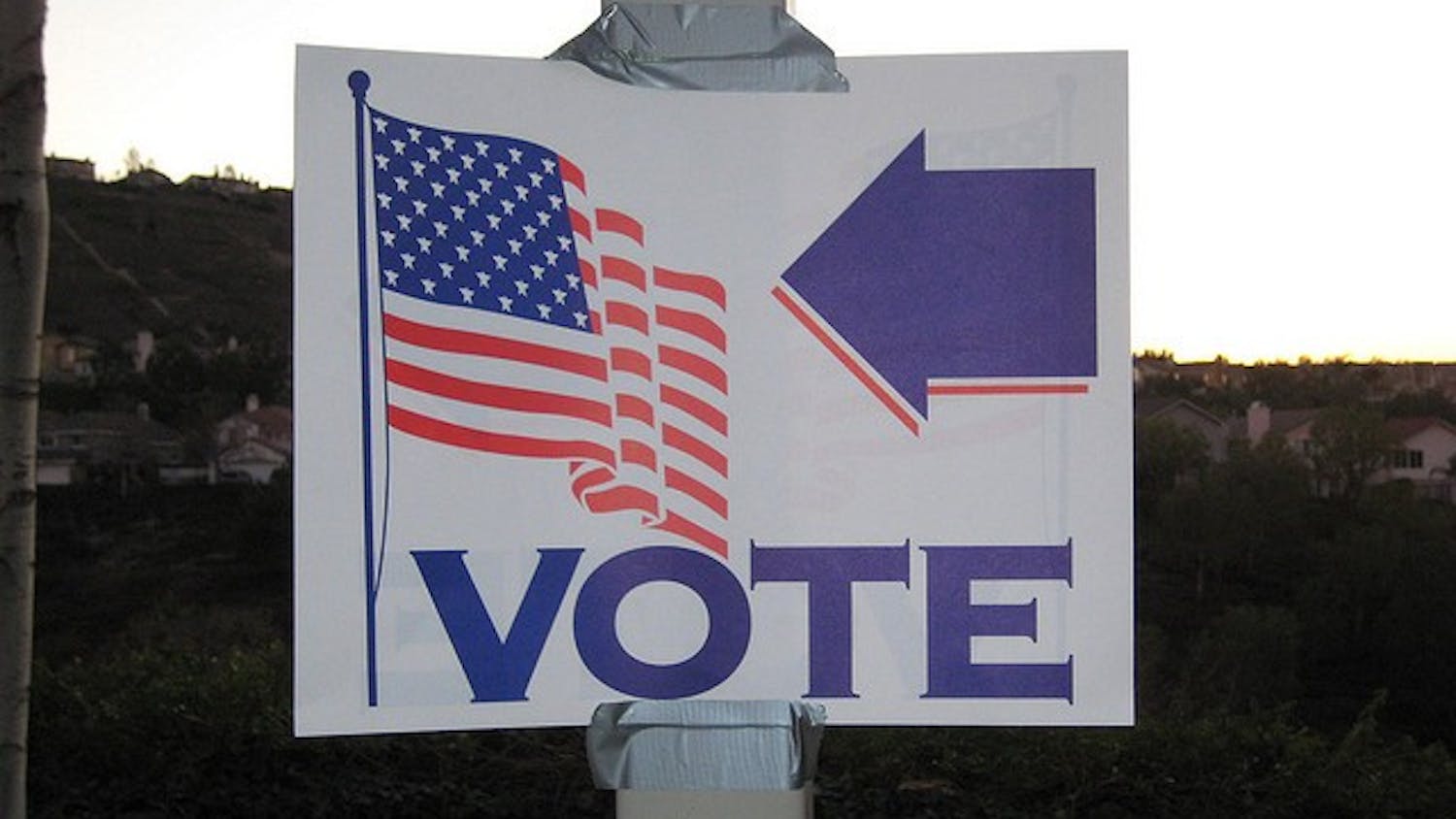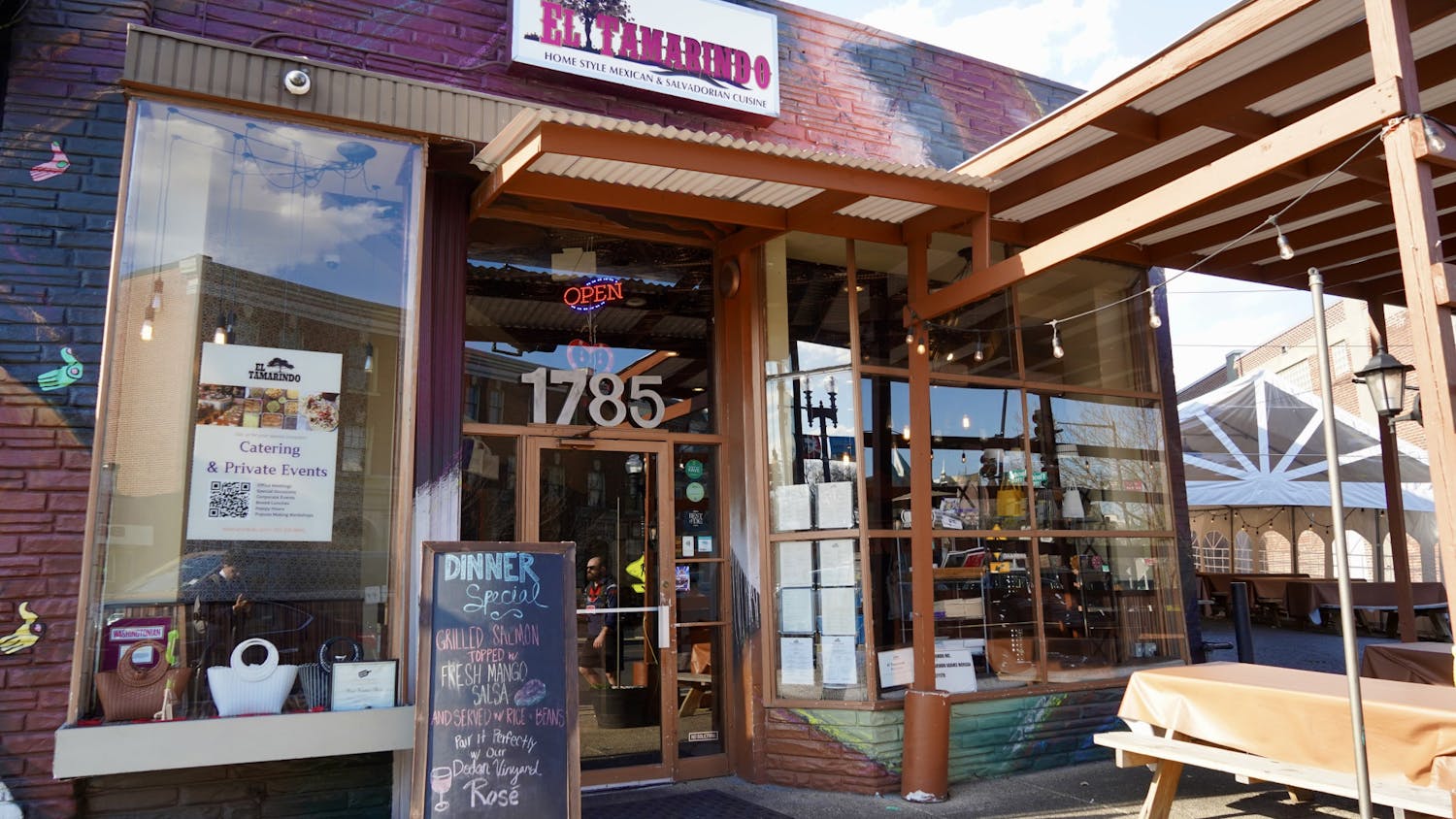A recent tweet by the then curator of the Twitter account @sweden really made me chuckle. It goes: “Learned yesterday. In @sweden ‘liberal’ is an insult from the left to the right, elsewhere ‘liberal’ is an insult the right calls the left.” Though the second half of the tweet is not always the case, if you replace “elsewhere” with “the U.S.”, it instantly rings very true.
In fact, if you know anything about comparative politics, you would know that the word “liberal” really means totally different things in and outside of the U.S. border. Why this peculiarity? What does being “liberal” mean anyway? At a time of intense “soul-searching” on both the left and the right, it seems appropriate for us to take a deeper, critical look at our ideological system and our own political beliefs.
Internationally, political scientists generally use a two-dimensional “compass” to measure one’s ideology. With four quadrants, the compass could describe a host of ideologies ranging from authoritarian communism, to democratic socialism, to libertarianism and all the way to fascism.
In the United States, however, things are a bit different. I still vividly remember my disbelief when I first read from my AP U.S. Government and Politics textbook that in America ideologies are measured on a one-dimensional scale from liberal to conservative. Yep. That’s it. A country of 300 million people, yet essentially just two ideologies. No libertarians, no socialists, no greens—you are either a liberal or you are a conservative; if you are lucky enough, sometimes you might be allowed to be a “moderate”.
This crude categorization is apparently problematic. Besides the obvious pitfall of blatantly excluding other legitimate ideologies and thereby limiting the political discourse, the already vague words of “conservative” and “liberal” have gradually lost their meanings over the decades. I mean, can anyone still clearly define what it means to be a “liberal” without receiving considerable objections from both left and right?
A brief study of the history of liberalism will inform you that its development went roughly through three stages: classical, social and neo- liberalism. It may surprise you, but these three kinds of liberalism want completely different things.
Adam Smith, who advocated for a completely free market regulated only by the “invisible hand,” considered himself a liberal. Franklin Roosevelt, who famously proclaimed that he welcomes the hatred of the “economic royalists,” who created universal social programs like Social Security and hugely increased the role of the federal government in national economy, also called himself a “liberal”. And then there is Bill Clinton, a dedicated neoliberal famous for “triangulating” between holding a “liberal” position and a conservative one and declaring that “the era of big government is over.” He too calls himself a liberal.
Today, tons of beltway pundits proudly declare themselves “liberals,” yet at the same time fret over any potential universalist programs (e.g. Medicare for all) that are consistent with Roosevelt and Johnson’s “liberal” visions and employ phony right-wing attacks against these programs. On college campuses, there are “liberal” activists who are commendably progressive and enlightened on social issues involving gender, race and identity but either purposefully or unintentionally remain rather oblivious to economic justice that liberalism also supposedly supports.
Of all these people, who are the real liberals? Or are they all liberals? If so, what’s the point of even having “liberal” as an ideological categorization if it doesn’t clearly categorize people’s beliefs?
Liberalism, even in its most leftist manifestation, favors only limited electoral democracy led and regulated by the elites and partial economic justice achieved through a basic social safety net that is supposed to provide everyone with “equal opportunity.” If you genuinely believe that people must be governed by the “experts,” that a few tweaks around the current political and economic system are enough to ensure economic and social justice for all, then by all means call yourself a liberal, even though confusion still remains as to which exact kind of liberal you are.
But if you don’t agree with these premises, if you believe that capitalism is an inherently unjust system because it is based on the exploitation of workers of all races and genders for the sole purpose of generating more profits, that political democracy should be further expanded and that real equality of opportunity can never be achieved under a rigged system that is capitalism, then don’t call yourself a liberal.
Liberalism does not ultimately believe in any of these ideas. Call yourself a progressive, a social democrat, or, like me, a democratic socialist, depending on how pessimistic you are about the reformability of capitalism. But please, don’t call yourself a liberal, because just as the film “The Princess Bride” says: “you keep using that word, I don’t think it means what you think it does.”
Frank Yuwen Chen is a sophomore in the School of International Service and School of Public Affairs and a columnist for The Eagle.





